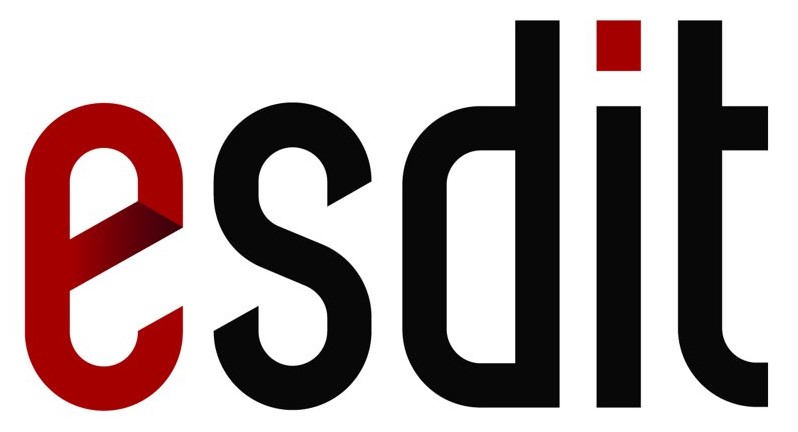How do moral concepts change over time?
Philip Brey (University of Twente and ESDiT lead) answered this question by presenting a theory of moral conceptual change. The theory considers different types of changes that can occur in moral concepts, and also considers how these changes may be triggered. It also considers how new moral concepts emerge and how they may become obsolete. The theory is built up out of three components: a theory of the structure of moral concepts, a theory of possible changes to these structural elements and the types of events that may trigger them, and a theory of the introduction of new moral concepts and of the obsolescence of existing ones. Two claims will be developed that are central to the theory. The first is that most moral change is change to thick (as opposed to thin) moral concepts, and involves changes in the descriptive (as opposed to evaluative) content of these concepts. The second is that moral conceptual change can result both from changes in evaluative attitudes in society and from changes in the world or our knowledge of the world that demand new or altered thick moral concepts to respond to these changed conditions.
